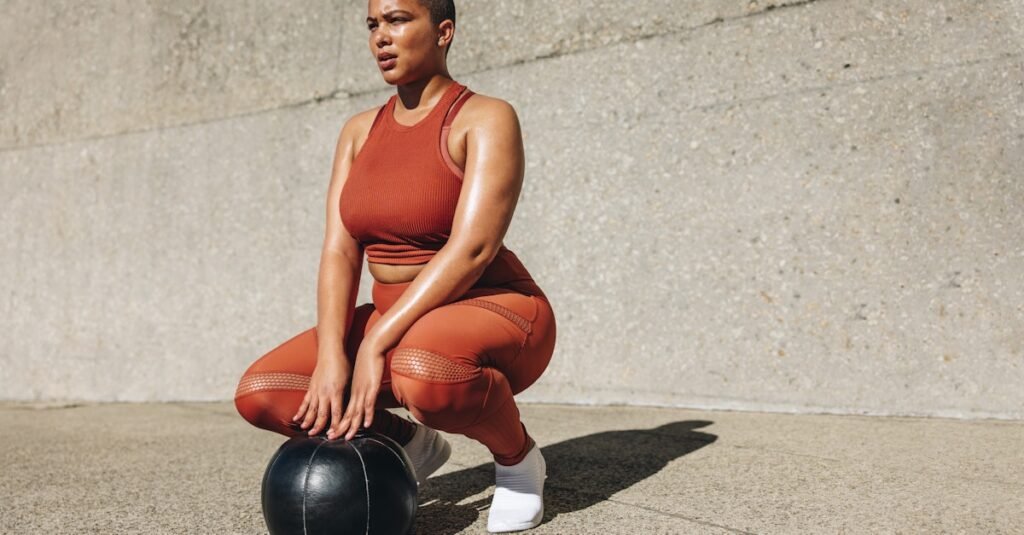Exercise and nutrition go hand in hand when it comes to staying healthy. While we all know the importance of working out and eating well, the question of what to eat after a workout can be a bit confusing. To shed some light on this topic, we turned to Alex Platts, a senior nutrition coach at ZOE with a background in sports and exercise.
After a workout, it’s crucial to focus on the three Rs: refuel, rehydrate, and repair. Let’s delve into each of these aspects to understand how to optimize your post-workout nutrition.
Protein
Protein is essential for rebuilding and repairing your muscles after a workout. The recommended dietary allowance for protein intake is about 0.8 grams per kilogram of body weight per day. However, if you’re engaging in intense resistance training, you may need up to 1.6 to 1.8 grams of protein per kilogram of body weight.
While animal and plant sources of protein can both be effective, plant-based proteins may require larger quantities to meet your daily protein goals. Foods like cod, salmon, eggs, lentils, and soy are excellent sources of protein to include in your post-workout meals.
It’s a common belief that consuming protein immediately after a workout is crucial for muscle building. However, recent research suggests that overall daily protein intake is more important than timing. Aim to have a protein-rich meal before or after your training session to support your recovery.
Carbs
After a workout, your muscles’ glycogen stores are depleted, making it important to refuel with carbohydrates. Most forms of moderate- to high-intensity exercise rely on carbs as the primary fuel source. Consuming carbs post-exercise can help facilitate rapid recovery, especially if you plan to train again within 24 hours.
Good sources of carbohydrates include fruits, oats, sweet potatoes, quinoa, and lower-fiber whole grains. Combining carbs with a bit of protein after a workout can help your muscles rebuild their glycogen stores more quickly. Aim for a 4:1 ratio of carbs to protein for optimal recovery.
Fluids and Electrolytes
During exercise, your body loses water and electrolytes through sweat. Rehydrating and replenishing electrolytes post-workout is crucial, especially after intense or prolonged exercise. While commercial sports drinks can be convenient, they often contain additives and sweeteners. Opt for homemade fruit or vegetable smoothies or add a pinch of salt to your drink for natural electrolyte replenishment.
Antioxidant Foods
Exercise-induced inflammation, particularly from strength training, can be reduced with antioxidant-rich foods. However, the role of antioxidants in exercise recovery depends on various factors, including exercise intensity and overall diet. Incorporating foods like dark chocolate, nuts, seeds, and vegetables can help combat oxidative stress and inflammation post-workout.
In conclusion, post-workout nutrition plays a vital role in optimizing recovery and performance. By focusing on protein, carbs, fluids, electrolytes, and antioxidants, you can support your body’s recovery process and enhance your fitness goals. Remember to listen to your body’s needs and adjust your post-workout nutrition accordingly to achieve the best results.


